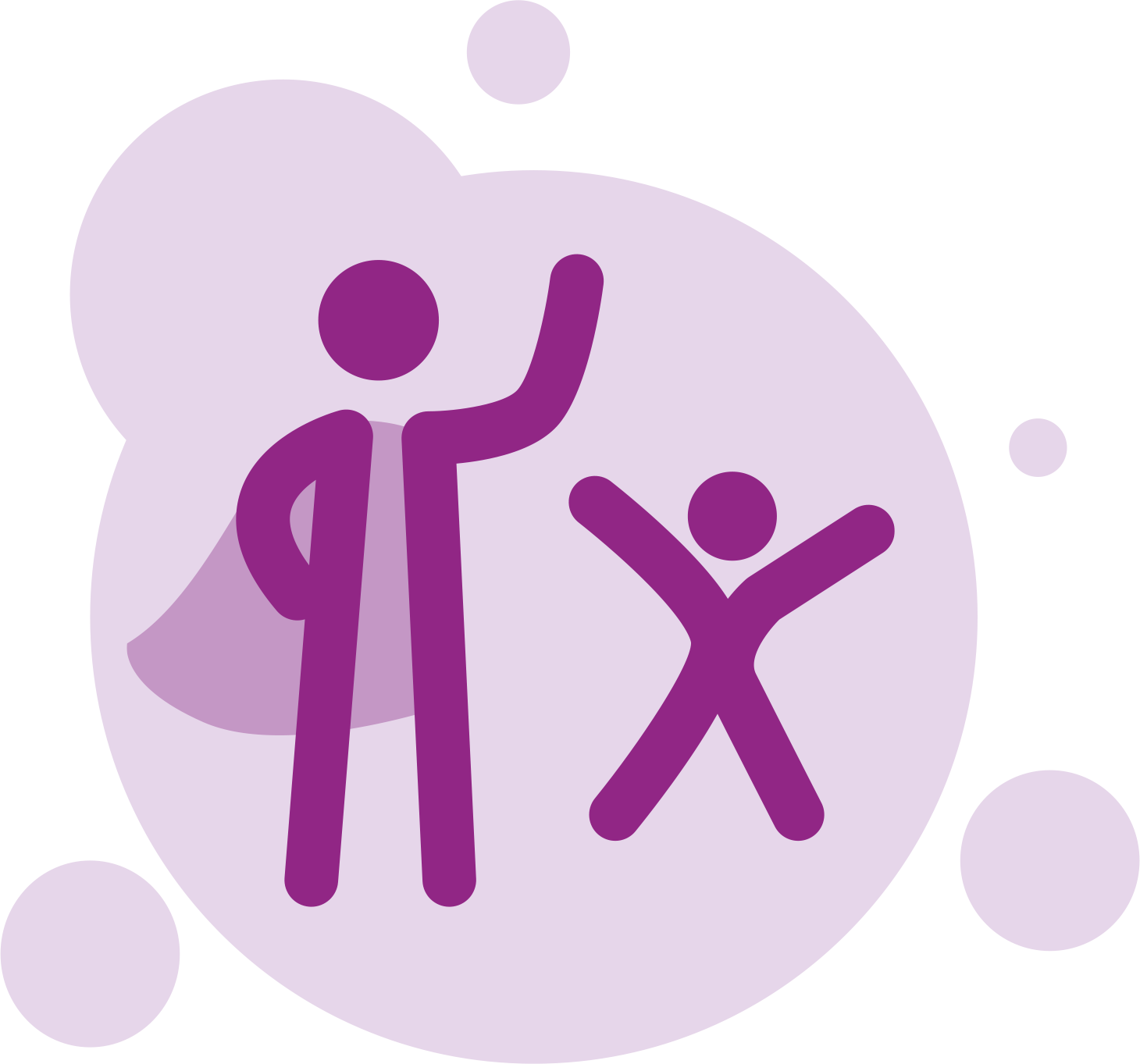Child poverty briefings: Public Health Scotland
Last updated: 17/08/2020
We contributed to two briefings by Public Health Scotland on single parent families and child poverty: a general briefing and a COVID-19 specific briefing, both published on 17 August 2020.
- Satwat Rehman, Director of One Parent Families Scotland

The first of these reports focuses on child poverty in lone parent families. It describes the issues faced by these families and what can be done to reduce child poverty in this priority group for Public Health Scotland.
The report recommends that to reduce child poverty in single parent families, it will be essential to ensure:
⦁ Quality, flexible childcare is available to meet their needs
⦁ Flexible, employment opportunities that lift families out of poverty are available to meet their needs
⦁ The social security system protects families and children against poverty.
The second briefing looks at the same subject within the context of COVID-19, and highlights the challenges that COVID-19 poses to the efforts to reduce child poverty in lone parent families.
The report raises concerns that COVID-19 will have further negative consequences for lone-parent families and makes recommendations for further actions in the short and medium-term.
Download COVID-19 and lone parents with dependent children
Commenting on the findings of these reports, our Director Satwat Rehman said:
“Public Health Scotland’s new in-depth profile of single parent families in Scotland reveals that child poverty, unsustainable, low paid work and the need for flexible childcare are three of the biggest issues facing parents. It is also very timely as the COVID-19 virus and lockdown measures have put huge pressures on single parents when faced with the practicalities of self-isolation as well as school and childcare closures, with many parents losing their jobs. For single parent families we really are facing a child poverty emergency.
“Despite the fact that a record high number of single parent are in paid work, 39% of children in single parent families live in poverty compared to 24% of all children. These striking findings illustrate how single parents’ aspirations and their children’s life chances are impeded by circumstances outwith their control.
“Most single parents are women in paid work but many are still locked out of the secure, flexible employment opportunities they need in order to provide for their children. We must knock down barriers and strengthen the system of support for single parents and their children to help eradicate child poverty. It’s not right that the life of a child is blighted by poverty because they live with one parent.”